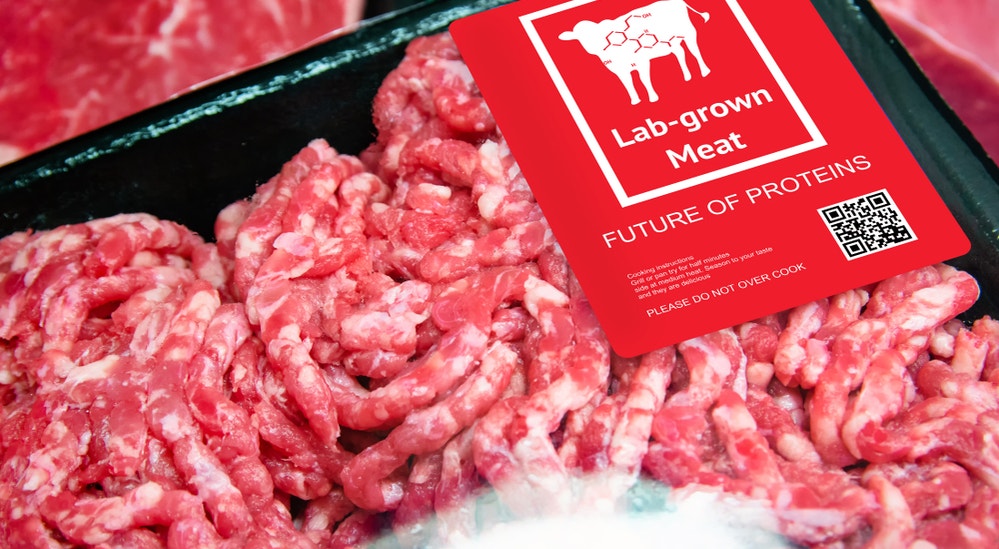Not Ready To 'Eats Bugs With Bill Gates': Republicans Slam 'Woke' Lab-Grown Meat Benzinga, Bill Gates, Lab-grown meat, Florida's governor Ron DeSantich(Ron DeSantis), Tennessee representative Bud Hulsey(Bud Hulsey) by https://www.benzinga.com/

AI Insights:
Simple Explanation:
Some people don't want to eat food that is made in a lab instead of from animals or plants. They think it is weird and not healthy. Some politicians, especially those who are Republicans, are against this kind of food because they believe it is part of a bigger plan to change how we live our lives. They also worry about the safety of this new food since there were some problems with a vaccine that was made quickly during the pandemic. A law has been proposed in Florida to stop people from selling lab-grown meat, and now it is up to the governor to decide if it becomes a real law or not. Read from source...
Critical Perspective:
1. The title implies a political divide between Republicans and Democrats on the issue of lab-grown meat, but fails to mention any stance or opinion from the latter group. This is misleading and unfair to both parties. A more balanced title would be "Republicans Slam Lab-Grown Meat As 'Woke' And Unsafe".
2. The article uses quotes from politicians and representatives who are either opposed to lab-gated meat or have no direct expertise in the field of agriculture, biotechnology, or nutrition. This creates a false impression that their opinions are authoritative or representative of the majority of people. A more credible source would be experts from relevant fields who can provide scientific evidence and arguments for or against lab-grown meat.
3. The article mentions Bill Gates' interest in eating bugs as a way to mock or discredit him, but does not provide any context or explanation for why he would support such a diet. This is an ad hominem fallacy that attacks the person rather than their arguments or motives. A more rational approach would be to explore the benefits and challenges of bug farming and consumption as a potential alternative protein source.
4. The article cites the Nuremberg code as a reference for ethical concerns about lab-grown meat, but does not explain how it applies to this situation. The Nuremberg code is a set of principles that governs human experimentation and protection from harm in medical research. It is unclear how this code can be relevant or applicable to the production and consumption of lab-grown meat, which is not an experimental procedure on humans but rather a technological innovation in food production.
5. The article reports on a bill in Florida that would ban the sale of lab-grown meat, but does not provide any details about its content, purpose, or implications. This leaves the reader with unanswered questions and incomplete information. A more informative report would include the reasons behind the bill, who supports it and who opposes it, and what effects it would have on the market, consumers, and environment.
Investment Analysis:
We are not financial advisors. It's always essential for you to consult with a financial advisor and do your research before making any decisions about investments.
The article titled "Not Ready To 'Eats Bugs With Bill Gates': Republicans Slam 'Woke' Lab-Grown Meat" discusses the opposition from some Republican politicians to lab-grown meat, which they perceive as a part of a larger "woke" agenda. They cite concerns about safety and ethics in relation to this new technology. The article also mentions legislative efforts in Florida to ban the sale of lab-grown meat.
Based on this information, it seems that there is a potential investment opportunity in the lab-grown meat industry, as well as in companies or projects that are developing alternatives to traditional animal agriculture. However, there are also significant risks involved, such as regulatory hurdles, public opposition, and competition from other sources of protein. Investors should carefully consider these factors before making any decisions.